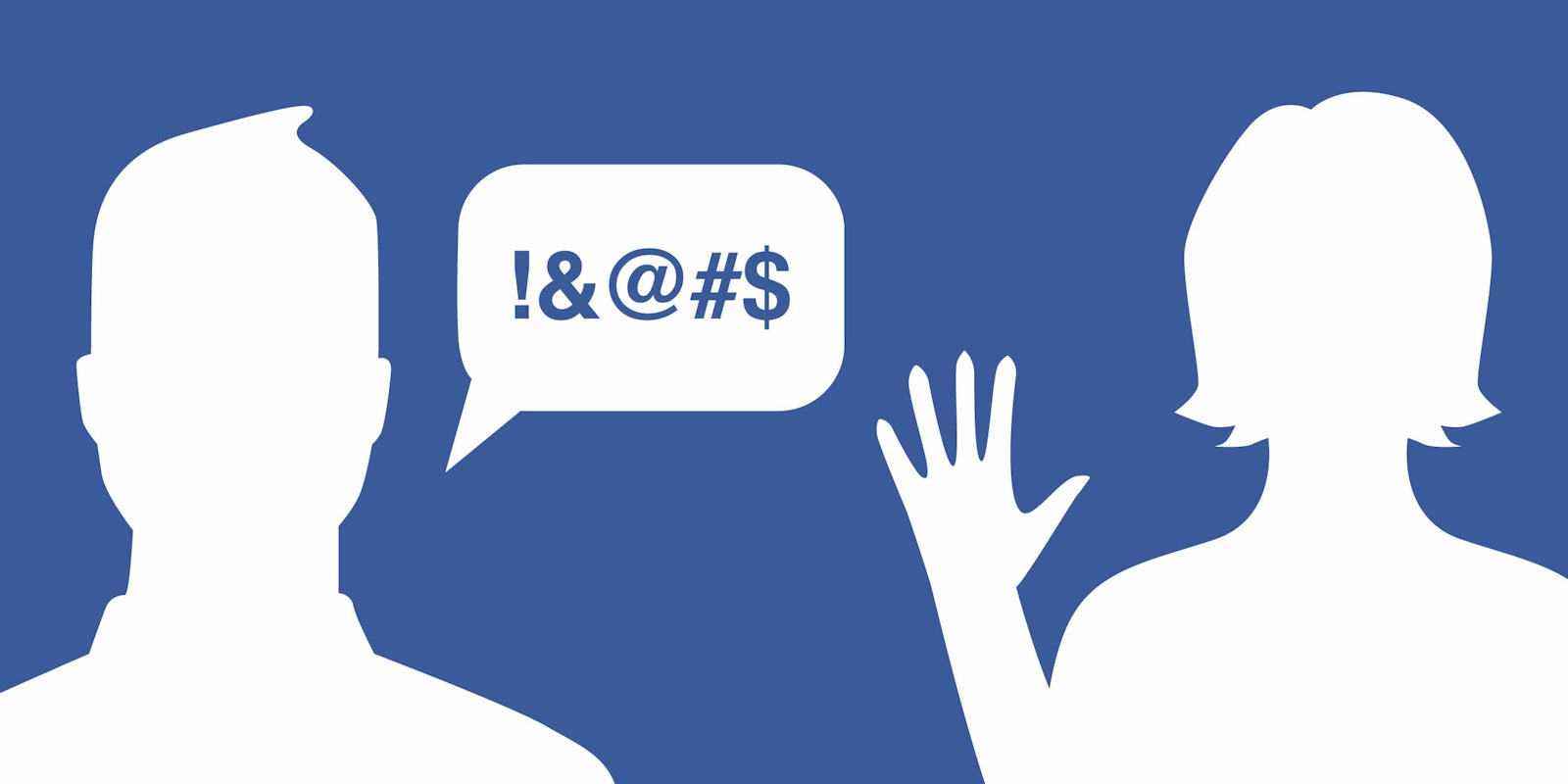Facebook announced a new set of anti-harassment tools on Tuesday designed specifically for the groups most often targeted by the vitriol of internet users. The tools are a subtle but hopefully successful move towards making Facebook a safer, friendlier place for women, journalists, and other marginalized groups that are frequently the target of harassment on social media
The new tools do two things. First, they proactively recognize and aim to prevent unwanted contact from someone you’ve blocked, particularly when they try using a new or separate account they control. The tools also offer the option to ignore Messenger conversations and Facebook will move it out of your inbox, without you needing to block the sender first.
To minimize unwanted contact, Facebook says it’s building on capabilities the site already uses to prevent fake or spam accounts from being created. These features spot dupe accounts very well, and block them from being able to register in the first place. They don’t always catch accounts created by individuals who’ve previously been blocked, though. Now, Facebook will use factors such as the user’s IP address to better identify when a previously blocked person tries to contact a Facebook user with a different account. The account blocker has control in this situation and must initiate contact with the sender before they can interact normally in the app.
Unsurprising to anyone who’s been harassed, sometimes blocking a user instigates even more harassment. To fight this situation, Facebook will let you tap on a message in your inbox to completely ignore a conversation. This moves the message to your Filtered Messages folder (that secret folder you likely never check) and disables notifications for the conversation. Once the message(s) have been moved, you can read them, if you choose, without the sender knowing that you’ve read them. This works with one-on-one message threads for now, but Facebook will also introduce this feature for group conversations in the near future.
And to protect another sensitive group, survivors of domestic violence, Facebook teamed up with experts (such as the National Network to End Domestic Violence) for a new safety guide, which you can read here. It outlines safety and security measures you should take, as well as resources you can reach out to if you experience harassing or threatening behaviors.
Facebook’s updates here are simple, but as someone who has been the victim of harassment on Facebook, these actually sound like measures that will improve the social media experience for targeted users. Facebook can’t control what people say or do on its social network, but it can work to ensure that users don’t receive contact from individuals they’ve explicitly said they don’t want contact from.


